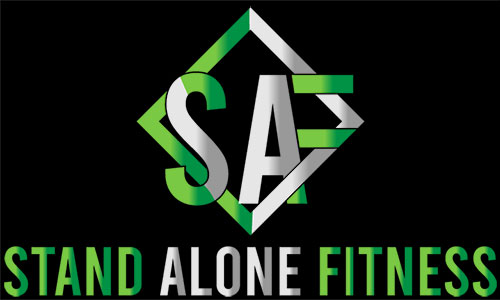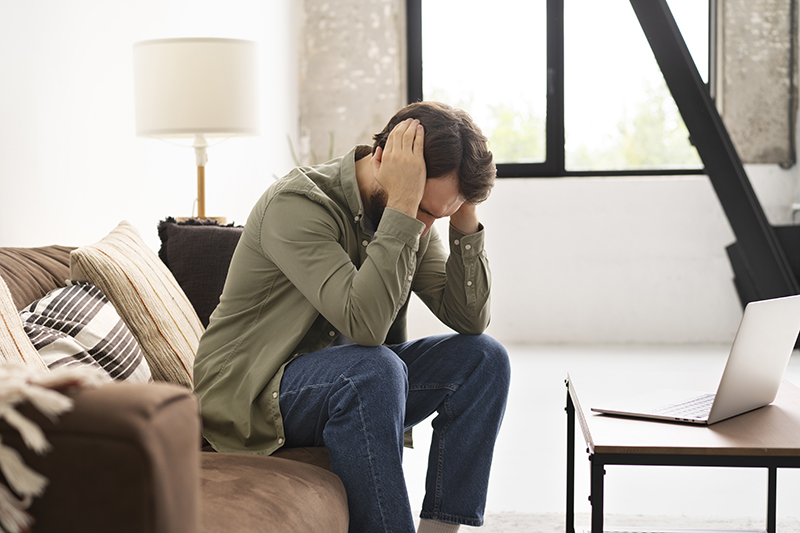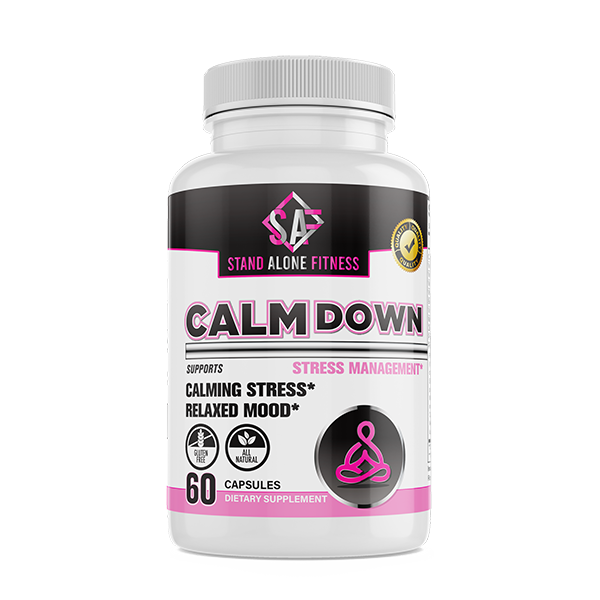Anxiety is the plague of the XXI century. More than 300 million people worldwide are experiencing its symptoms as we speak. This means that approximately 4% of human population is suffering from a condition that seriously impacts their everyday life and leads to depression.
What does science have to say about this and can supplements for anxiety be trusted to help?Read on alternatives (or adjuncts) of common anxiety treatment.
What is anxiety in its essence?
World Health Organization defines anxiety is an experience of excessive fear or worry about specific situation or about a broad range of everyday situations. People who suffer from it define it a completely overwhelming physical sensation of fear. They say it feels like you are about to die and there is nothing you can do about it.
When it happens, a person gets into the so-called “fight or flight mode”. Physiologically, it implies following stages:
- Autonomous nervous system (autonomous means literarily out of your cognitive control) activates your adrenal glands.
- Within seconds, blood becomes full of adrenaline and cortisol (known as the stress hormone).
- Heart starts pumping harder than ever, pupils dilate, muscles contract and become tense, even cramped.
- Mind becomes laser focused on the “danger” lurking and perceives nothing else at all.
In essence, in what many would perceive as a common, everyday situation, an anxious person feels asif having a heart attack.
Considering the gravity of the reaction, no wonder some people believe that supplements for anxiety are a complete waste of time and money. But are they really?

Do supplements for anxiety help?
Anxiety is generally treated by psychotherapy (most often cognitive-behavioral) and medications. However, many of the patients do not react positively to the initial treatment with the antidepressants. Actually, statistics for USA goas far as predicting that the number of such patients reaches 50% of the total treated.
This is where alternatives kick in.
Namely, a comprehensive study was published 2010and concluded even back then that “nutritional and herbal supplementation is an effective method for treating anxiety and anxiety-related conditions without the risk of serious side effects”. Many similar studies followed to confirm that supplements for anxiety are not a scam.
This goes to say that all of you who do not react positively to conventional treatment or fear the side effects of the medication have a safe alternative completely worth a try.
Please note that due to modern way of living which is sedentary, stressful, and filled with low quality food, many of us have various vitamin and mineral deficiencies. Luckily, the situation is reversible. All you need to do is start.
$34.99
How does taking supplements for anxiety work?
It is all about how our body (brain included) works.
Vitamins and minerals play a heavyroll in how our body and mind function. On the cell level. they help us get energy from carbohydrates, protein and fat. Thus, that they are directly involved in our basic functions – breathing, walking, thinking.
Also, these compounds also play a key role in our immune system. Moreover, they regulate our hormones –the sleek agents that dictate all abouthow we live, and above all, feel.
So, keeping in mind the above, if boosting your immune system with supplements to fight a cold makes sense, why would taking vitamins for anxiety sound irrational when we know that they go hand -by-hand with what governs our mood?

Best vitamins for anxiety and what they do?
Here is a short review of best vitamins for anxiety with a description of how our body reacts to them. Please note that the list is not exhaustive as there are many more natural substances that can help you manage your mood generally.
| Vitamin / Mineral | Function | Impact on anxiety |
| B1 (Thiamine) | Converts glucose into energy and helps produce neurotransmitters. | By maintaining a healthy nervous system, thiamine is essential for combating high stress levels, thereby reducing anxiety. |
| B2 (Riboflavin) | Helps produce energy and supports neurotransmitter function. | Riboflavin improves overall brain health and energy levels. Additionally, it supports the production of neurotransmitters, which can consequently contribute to reduced anxiety. |
| B3 (Niacin) | Converts food into energy and synthesizes neurotransmitters. | iacin supports the production of serotonin, a neurotransmitter that regulates mood and promotes feelings of well-being. |
| B5 (Pantothenic acid) | Involved in the synthesis of coenzyme A, crucial for energy production and neurotransmitter synthesis. | Coenzyme A is vital for producing neurotransmitters that regulate mood, such as acetylcholine. |
| B6 (Pyridoxine) | Acts as a coenzyme in the production of neurotransmitters like serotonin and dopamine, often referred to as the "hormones of happiness." | By increasing neurotransmitter production, pyridoxine can improve mood and reduce anxiety. |
| D | Converted to its active form, calcitriol, which helps produce serotonin. | Higher levels of serotonin, facilitated by vitamin D, can improve mood and reduce anxiety. |
| Omega 3 | Incorporated into brain cell membranes, reducing inflammation and improving cell communication. | Enhanced brain function and reduced inflammation, due to omega-3 fatty acids, can help alleviate anxiety symptoms. |
| Zink | Modulates neurotransmitter activity, balancing glutamate and GABA levels. | Stabilized neurotransmitter levels, particularly increased GABA, can lead to reduced anxiety and fear. |
| Magnesium | Acts as a cofactor for enzymes that convert tryptophan to serotonin. | Higher serotonin levels, supported by magnesium, can improve mood and reduce anxiety. |
Individual approach is essential
Anxiety is a tricky condition. It hits people with different physical and physiological state. Its symptoms also vary. This means that some people do not experience typical physical symptoms such as hand tremor (shaky hands) but feel only the psychological ones (uncontrolled disturbing thoughts called racing thoughts).
For this reason, and being aware that our physical self can never be completely separated from the mental part of our being.a holistic and individual approach to anxiety treatment can be surprisingly helpful.
The body and the mind go together and they should be treated accordingly.
So, to help your body help your mind in a war against anxiety, we recommend you check your vitamin levels and start taking supplements for anxiety, along with regular physical activity and conventional therapy that works for you.
Please note that due to modern way of living which is sedentary, stressful, and filled with low quality food, many of us have various vitamin and mineral deficiencies. Luckily, the situation is reversible. All you need to do is start. We recommend you do it with our Calm Down – a perfectly balanced bland of high-quality vitamins and minerals that will help you stay focused and relaxed.
Life can be beautiful again. You just need to push a bit harder. One step at a time.
Please note that due to modern way of living which is sedentary, stressful, and filled with low quality food, many of us have various vitamin and mineral deficiencies. Luckily, the situation is reversible. All you need to do is start.


